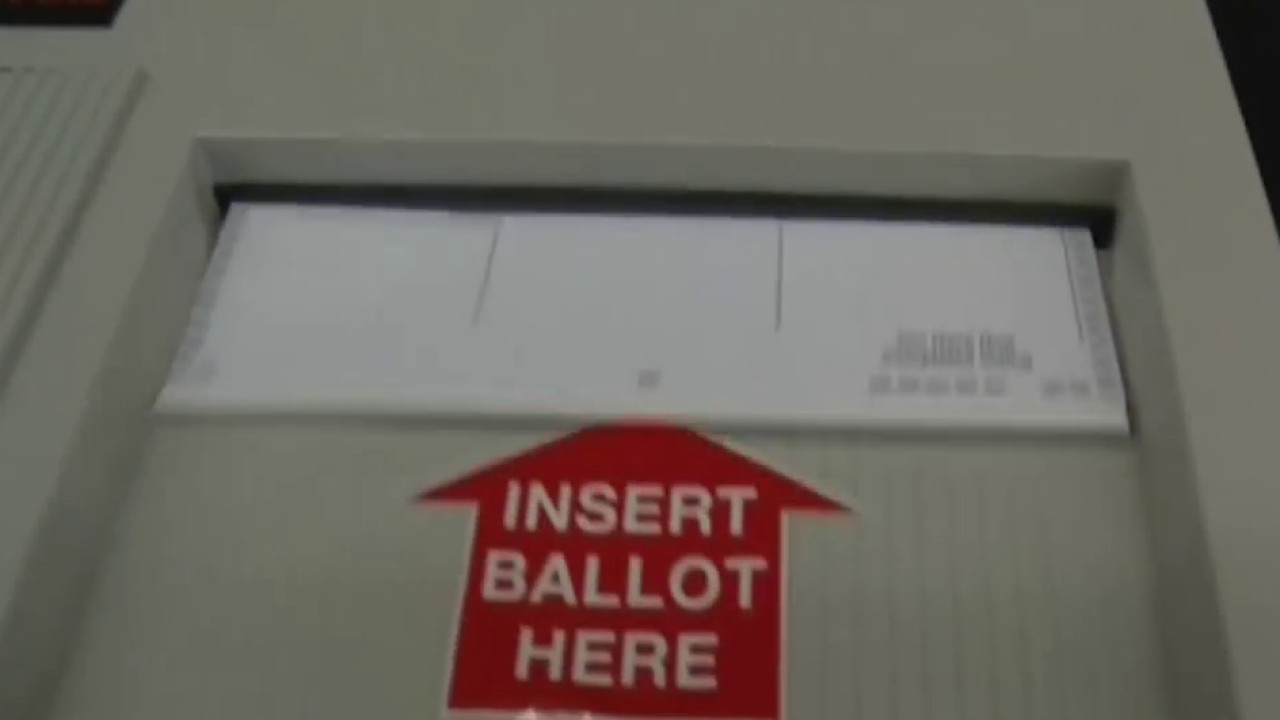Although many companies in corners of the world are doing away with requiring résumés for applicants, something that's unlikely to ever go the way of the dodo are employee evaluations. There's a necessary means to keep each other in check and communicate both areas of praise and things employees should work on. But they can also be conversations that harm or improve the relationship between an employee and their manager.
"Performance management is the very heart of talent management," said Connie Costigan, the director of marketing communications at Halogen Software. "Without evaluations a company is going to be lacking critical insight when it comes to other processes like succession planning, development, goal alignment and even pay for performance."
In my career I've been in evaluations I knew weren't run quite the way they should have, and also temped at places many moons ago where I overheard evals going on -- in cubicles, over the phone, with a manager in another time zone, no less -- that made me shake my head. Understandably, evals are a tough thing to do right. Or are they?
"Nothing said during the review should come as a surprise," added Costigan.
So, to prevent that, a good management approach would be to communicate with employees on an ongoing basis to eliminate the illusion of there being a crystal tower you descend from whenever you deign to rub elbows with your workforce. That's a surefire way to alienate your workers, and also it can telegraph bad news is coming whenever you approach employees to discuss anything with them. That's bad for morale.
Assuming you have ongoing communication throughout the year and you're in the conference room with the door closed, where do you go from there?
"The review discussion should be a dialogue that covers past performance, areas for improvement, professional development goals for the employee and upward feedback for the manager," said Rodney Evans of People - Projects - Change.
Local
Evans also adds that the discussion should be a two-way conversation and not a lecture, and that "too often, the performance review process becomes a box-checking exercise for managers and employees alike." Obviously, it shouldn't be. It's a chance to speak freely about the workflow when you're not in the thick of it, and since it's a two-way conversation, that means employees should be able to offer suggestions on things their manager could do better.
If you're giving the evaluation, it's helpful to spend some time thinking about what you're going to say and how you're going to deliver that information to the employee. As mentioned above, nothing here should be a shock, but it's also their responsibility to do due diligence on it. "Supervisors must take the time to produce a thoughtful, data-driven evaluation for each employee," said Timothy Wiedman, the assistant professor of management and human resources at Doane College in Crete, Nebraska. "If a supervisor does not have enough contact with a subordinate to produce an effective evaluation, it may be useful to use a system that incorporates other viewpoints into the process. And while this may lead to a more complicated, time-consuming evaluation system, more accurate feedback will usually produce improved performance in the future. And isn't that the point?"

David Wolinsky is a freelance writer and a lifelong Chicagoan. In addition to currently serving as an interviewer-writer for Adult Swim, he's also a columnist for EGM. He was the Chicago city editor for The Onion A.V. Club where he provided in-depth daily coverage of this city's bustling arts/entertainment scene for half a decade. When not playing video games for work he's thinking of dashing out to Chicago Diner, Pizano's, or Yummy Yummy. His first career aspirations were to be a game-show host.



